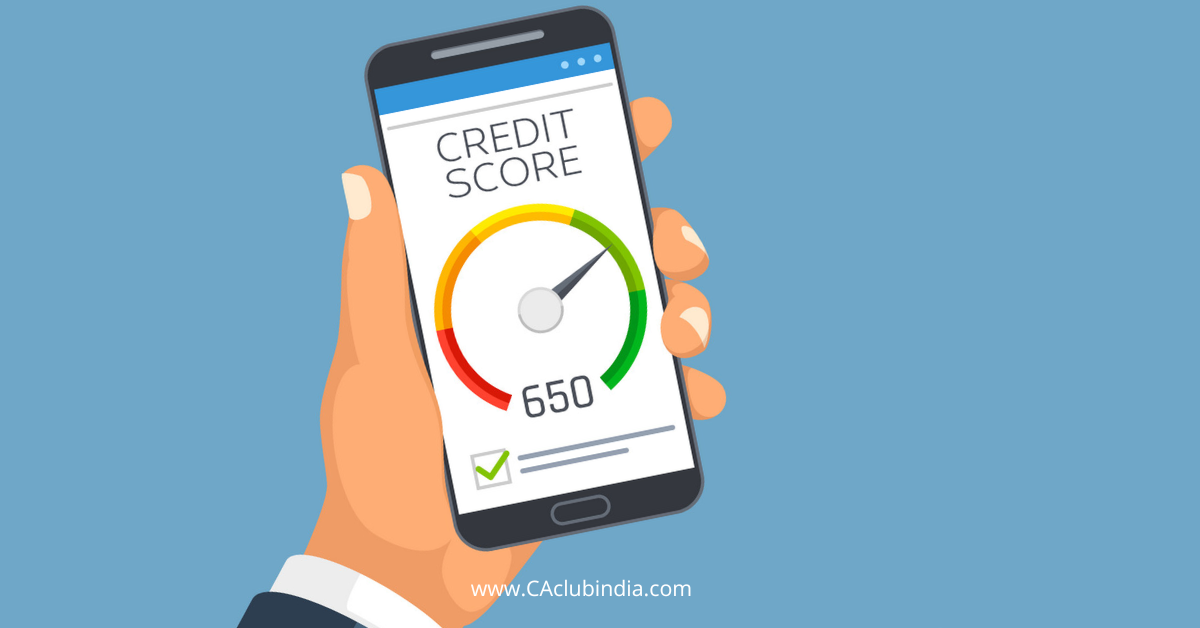Many credit users are often scared to check their credit scores because they are worried that it will negatively impact their credit ratings. This has become a generalised rumour doing the rounds for some time now. As per financialexpress.com, less than half of all borrowers who take out consumer loans have credit scores of at least 750. The majority of Indian credit bureaus give consumers scores between 300 and 900. This tells us that credit scores are a big part of issuing not just loans but also for the best credit card in India.
You will often find YouTube influencers and social media finance experts offering advice, asking you not to check your credit score frequently. To end your worries, you must know that such claims are partially untrue. Before paying heed to such misinformation, it is essential to understand that checking your credit score does not mean it will go down automatically - at least not under all circumstances.
Checking your credit score and obtaining a copy of your credit report can help address issues like identity theft or other fraudulent activity.
However, there are instances wherein a credit score inquiry might negatively impact the rating. For such cases, here are two types of credit score checks followed by their impacts on credit ratings.

What are the types of Credit Score Inquiries?
Soft Inquiry
You can keep track of your credit standing by "checking in" to sites that show you where you stand. A "soft" inquiry is when you check your credit scores or ask for a copy of your credit report.
- Other soft inquiries come from businesses that send you marketing credit card offers and companies that have an account with you checking on your past lending accounts.
- Inquiries considered "soft" has no impact on credit scores because they're seen as neither negative nor positive. They don't affect your FICO score if they're not recorded on your credit reports for potential lenders to see.
Depending on the type, they are visible to you and remain on your credit reports for no more than 24 months because soft inquiries are not part of creditors' criteria when deciding whether to approve a loan!
Hard Inquiry
"Hard" inquiries occur after the lender evaluates your credit history after applying for a loan or credit card.
- Hard inquiries do have an impact on credit scores, and they affect them negatively. Still, there is generally no penalty beyond their overall impact on your interest rate in the case of loan and debt applications.
- A hard inquiry only lasts for 14-45 days if you're making a major purchase, like buying a home or car, since most lenders need to carry out such investigations before approving loans that have enormous implications for borrowers.
How do hard inquiries impact credit scores?
As a person with a short credit history, you might be wondering what the most complicated inquiry of your credit application process will do to your credit card credit score.
- Hard inquiries are the ones requested by those who wish to get a deeper understanding of your financial situation and search for more information about you to determine whether granting you credit is a risky option for them or not.
- In other words, hard inquiries occur when one applies for new lines of credit, such as open lines of credit (or store cards) and instalment loans.
- A hard inquiry can subtract 3 to 5 points from their overall FICO score!
How will a hard inquiry impact my credit chances if I already have a low credit score?
If you already have a low credit score and wish to loan an amount, your lender will automatically conduct a hard inquiry. A hard inquiry would then, in turn, lead to the lessening of your credit score.
Thus, the general advice is to avoid going for credit against a credit score which cannot afford to go down further. The traces of a credit score inquiry, when conducted by the lender, will leave a trace, making further credit application difficult.
It's Not You; It's Them
Checking your credit report shouldn't affect your credit score. Simply put, your credit score does not get involved when you check it yourself. But if others check the same, it causes a downgrade even in your credit cards credit score.
However, if you request the report from a lender or credit card company, you may see an inquiry on your account that denotes that your information has been sought. Although, it's not a good thing for future lenders to see, it's a standard in the industry.









 CAclubindia
CAclubindia
